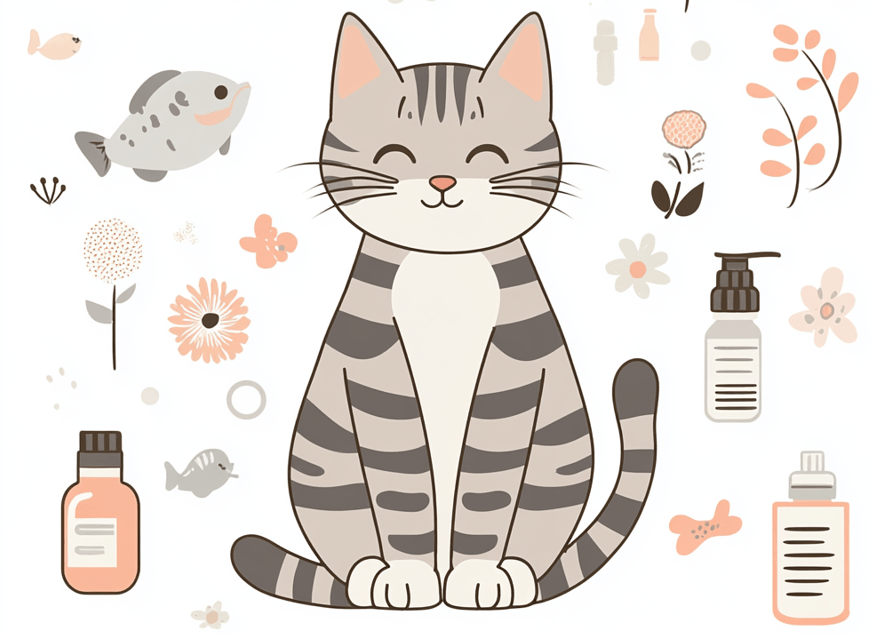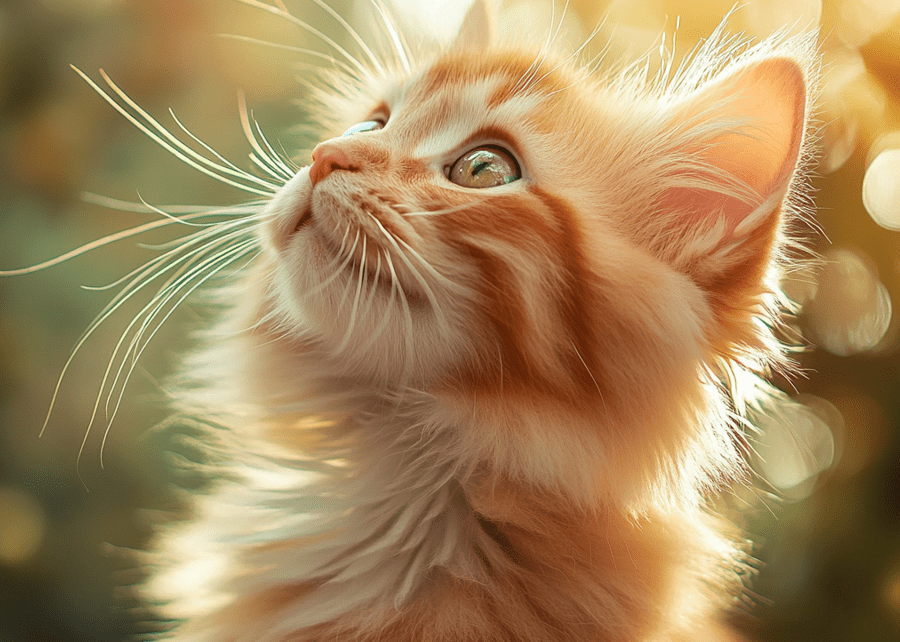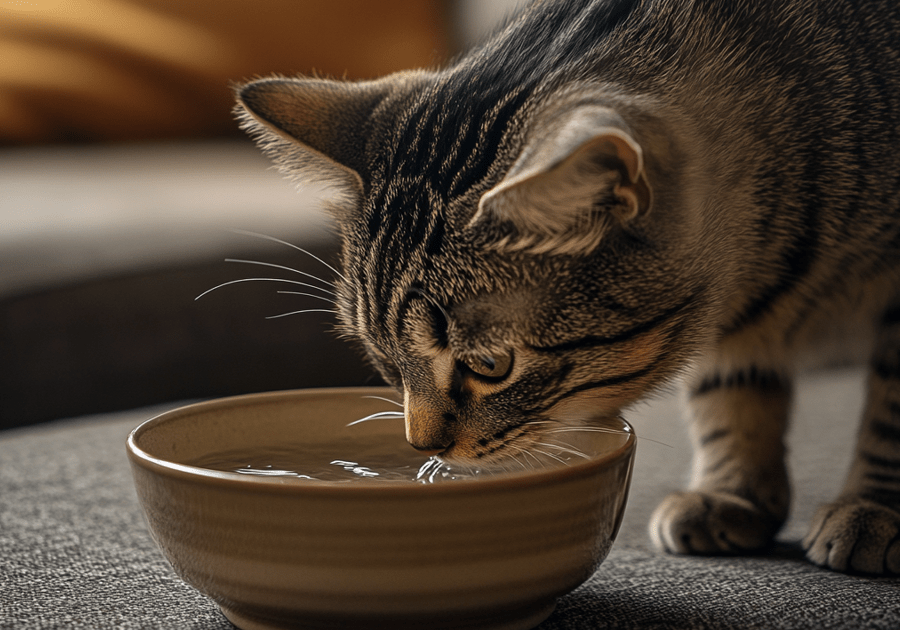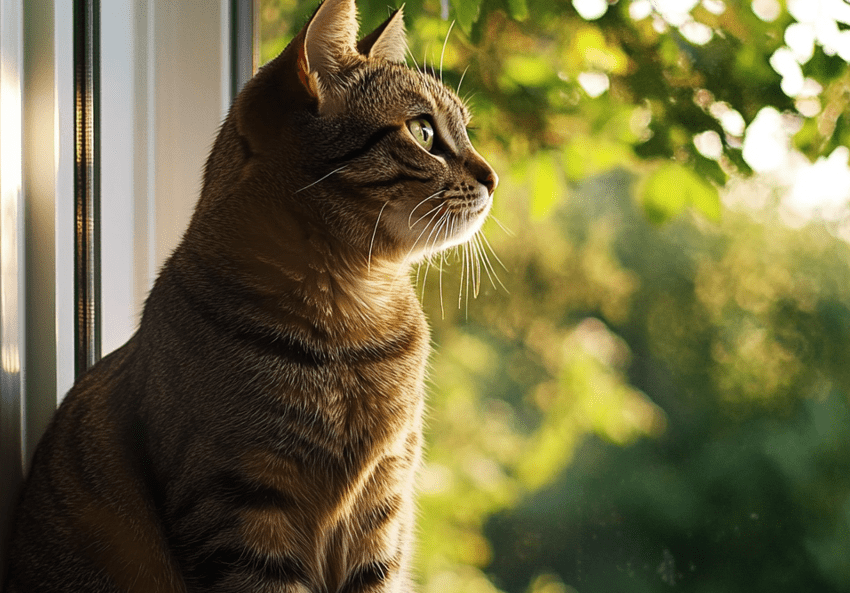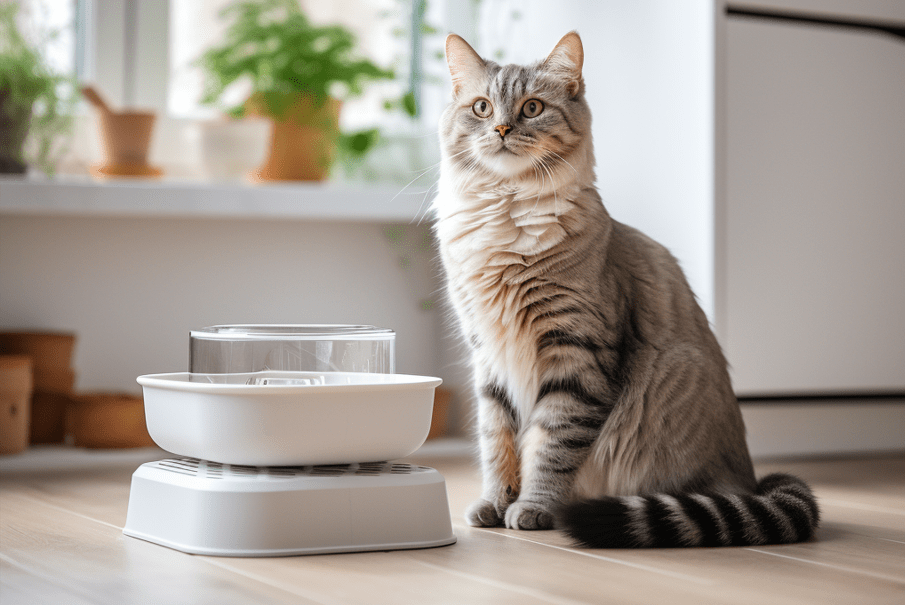
Cat digestive disorders are one of the most prevalent issues that pet owners have to deal with and can exert a great influence on a cat’s condition. Knowing the various factors relating to its development, its manifestation, and its approach to its management makes it easier for pet owners to give proper care to their cats. In this article, cat digestive tract disease categories, etiology, symptoms, diagnostic procedures, and treatments will be discussed.
What are Cat Digestive Disorders?
Feline digestive diseases are any ailment that hinders the digestion process in cats in the gastrointestinal system. The GI tract encompasses the mouth, esophagus, stomach, small and large intestine, liver, pancreas, and rectum. Any disruption to this system results in some digestion complications that could be mild or severe.
Understanding the Major Cat Digestive Disorders
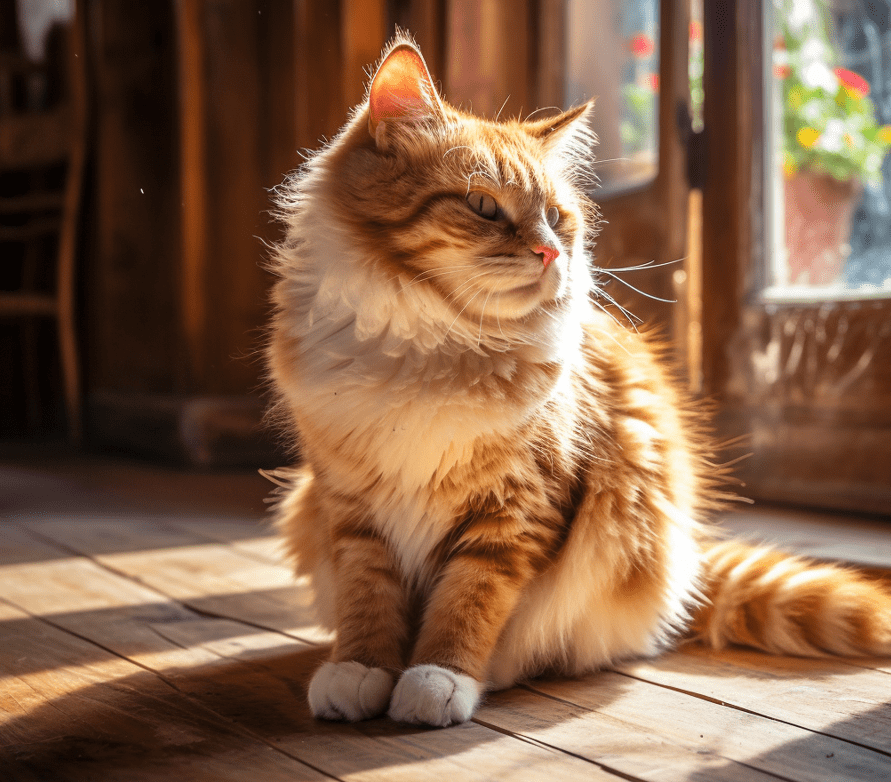
Gastroenteritis: Specifically, it is summed up as inflammation of the stomach and intestines, and often leads to vomiting or diarrhea.
Inflammatory Bowel Disease (IBD): Illness that results from continuous inflammation of the intestines and which manifests in different symptoms affecting digestion.
Constipation: A condition that makes it hard for a person to pass stools and ends up passing them seldom or with much discomfort.
Diarrhea: More often than not, it can cause diarrhea – a flow of stools that is loose or watery that results in the consumption of more water and loss of nutrients.
Pancreatitis: Inflammation in the pancreas which leads to indigestion and unbearable stomach ache.
Liver Disease: Liver diseases can alter one’s ability to produce bile and thus the digestive process.
Colitis: Inflammation of the colon, usually leading to diarrhea and tummy aches.
Megacolon: A condition where the colon becomes stretched and the muscles in its walls become too weak to contract, therefore, a contracting of severe constipation.
Gastritis: Inflammation of the stomach lining associated with vomiting and loss of appetite.
Parasites: Common diseases that affect the digestive system are those caused by internal parasites like worms; these lead to several effects.
Reasons that lead to cat digestive disorders
Different elements have the potential to cause digestive disorders in cats. Beneficial knowledge of these causes also plays an optimum role in prevention and management.
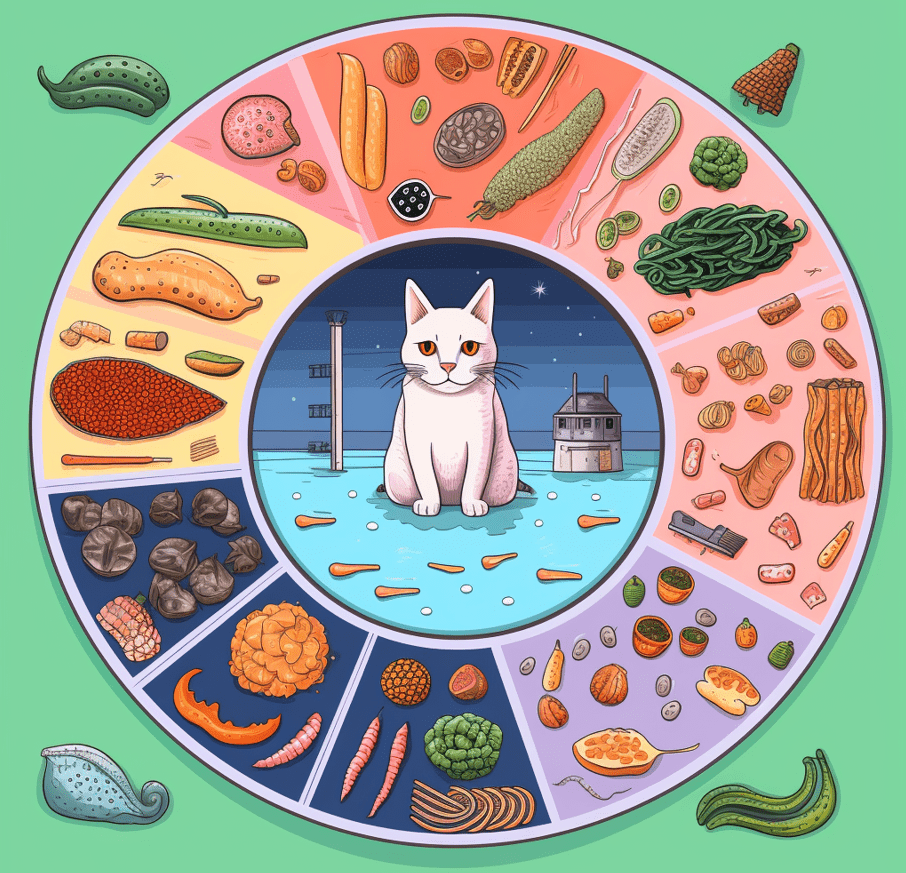
Dietary Indiscretions: Food poisoning is occasioned by eating expired and contaminated food or sharp objects or poisonous substances respectively.
Infections: Any pathogen be it bacterial, viral, or fungal can infect the GI tract and therefore trigger inflammation that alters its normal functioning.
Allergies and Food Intolerances: Some foods or particular culprits might cause allergic reactions, or some forms of intolerance that manifest in the form of gastrointestinal issues.
Stress: Pressure and nervousness may also impact the GI tract and cause digestive tract issues.
Chronic Diseases: The stomach and small intestine may be affected by disease states and conditions for example; diabetes, hyperthyroidism, and kidney ailments.
Medications: There are drugs that cause unwanted side effects in the gastrointestinal system.
Genetic Predisposition: Some types of dogs may be inclined to a specific type of digestive problem.
Age: Older cats will need to be fed more often but they remain prone to digestive disorders as part of the aging process.
Parasites: Infections with internal parasites can evoke severe disorders of the gastrointestinal tracts.
How to Understand Symptoms of Cat Digestive Disorders
One should be able to recognize the signs and symptoms of digestive system diseases so as to avoid further complications on seeking the vet’s services. Common symptoms include:
Vomiting: Vomiting can occur as a single episode or repeatedly and in either case, they may point to several conditions of the digestive tract.
Diarrhea: Chronic or intermittent diarrhoea can cause both water and electrolyte imbalance, as well as nutrient deprivation.
Loss of Appetite: Less appetite may indicate the presence of digestive system abnormalities.
Weight Loss: Weight loss without an obvious cause could be due to a problem in the gastrointestinal tract.
Abdominal Pain: It may be a sign of discomfort, for example, if the cow vocalizes or stands with her legs huddled, there might be abdominal pain.
Constipation: Constipation is defined as infrequent stooling, which is less than three bowel movements in a week, straining, or passing small, hard pellets of feces.
Bloating: A bulky, bloated belly may be due to excessive intake of gas or some other gastrointestinal problems.
Lethargy: Energy dip or general fatigue can mean that something is wrong in a systemic way.
Changes in Behavior: Altered activity levels, being more snappy or more withdrawn, or changes to grooming behavior can be indicative of a problem with digestion.
Blood in Stool or Vomit: Such symptoms as blood in the feces or vomiting represent major danger signals that need the ear of a vet.
Diagnostic Techniques Associated with Cat Gastrowrite Diseases
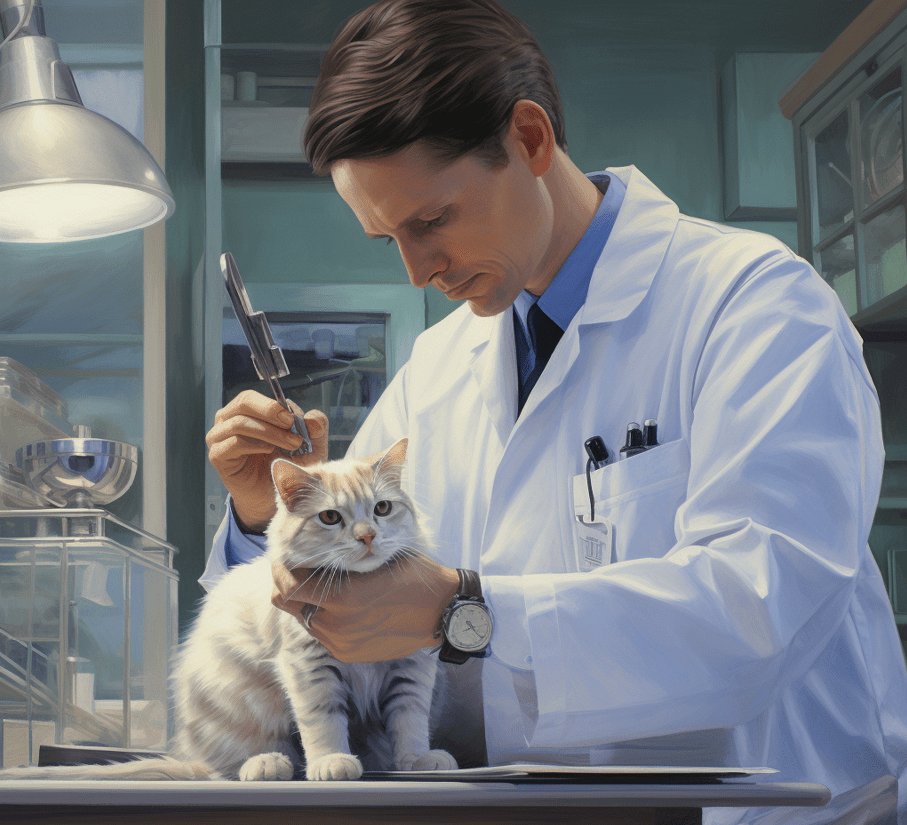
About feline gastrointestinal diseases including; Eating patterns in cats are diagnosed by a veterinarian after a complete assessment. Common diagnostic methods include:
Physical Examination: It is recommended that the attending vet perform a complete physical checkup of the cat to determine if there are other signs of illness.
Medical History: Interview – the first thing to note is the food the cat consumes, behavior, changes within the last few weeks, or sources of stress.
Blood Tests: Lab tests such as platelets, kidney, liver, and other organ function tests, tests to rule out infection and general health status.
Fecal Analysis: In this case, a stinging test involves the examination of your stool sample for parasites or bacteria or the absence of normal forms of stool.
Imaging Studies: Teraconomy, ultrasonography, or endoscopy to assess the structural diseases of the GI Tract.
Biopsy: Obtaining biopsies (samples of the tissue) from the GI tract for light microscopy examination.
Allergy Testing: Diagnosis of probable food allergies or provoking factors.
Urinalysis: Testing samples of urine to determine if there exists any other health problem that may result in poor digestion.
Cat Digestive Disorders Treatment options:
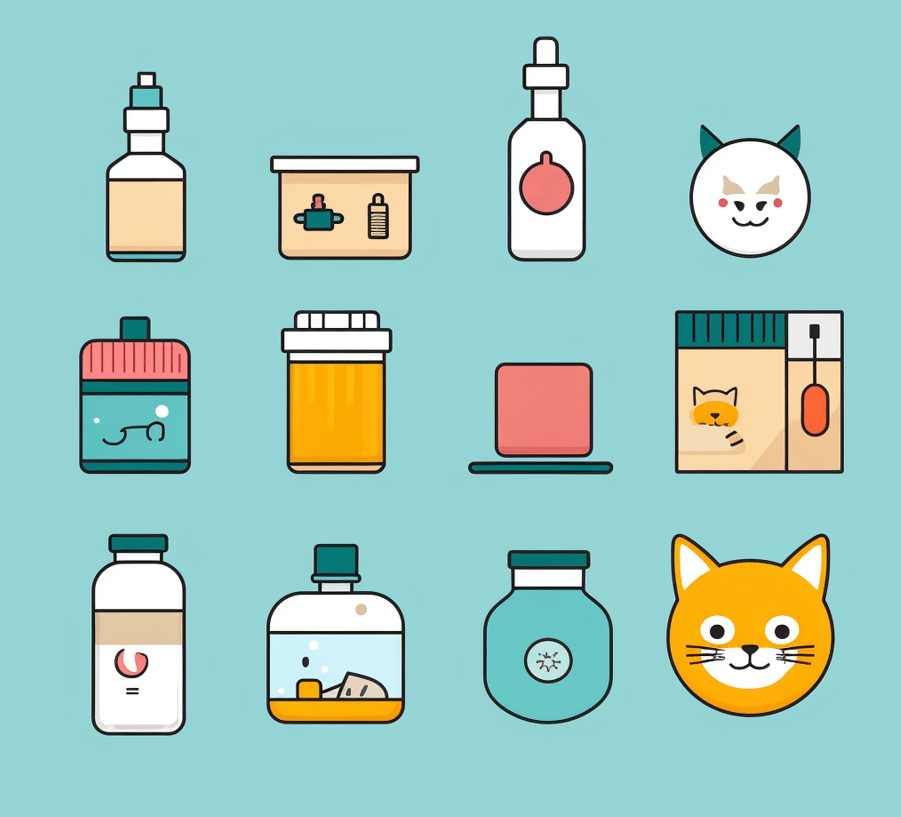
The treatment of cat digestive disorders therefore varies with the nature and severity of the condition. Common treatment options include:
Dietary Management: Providing a prescription diet that could help cancel symptoms and improve gastrointestinal movements.
Medications: This includes giving patients medication to help lessen inflammation or to ease symptoms and manage infections.
Probiotics: It involved the use of / Probiotics for enhancing a healthy balance of the gut bacteria and enhanced digestion.
Fluid Therapy: Including the administration of intravenous or subcutaneous fluids to avoid shock, dehydration, and quick hair growth.
Surgery: The following are extreme cases, where surgical treatment is necessary either for structural problems or for removing an object.
Anti-Parasitic Treatments: Internal parasites’ control through the use of appropriate corrective drugs.
Behavioral Modification: Stress management interventions and environment stabilization in order to help a better digestion.
Supplements: Taking vitamins and minerals is good for the health as well as for completing the missing nutrients.
Prevention Technique of Cat Digestive Disorders
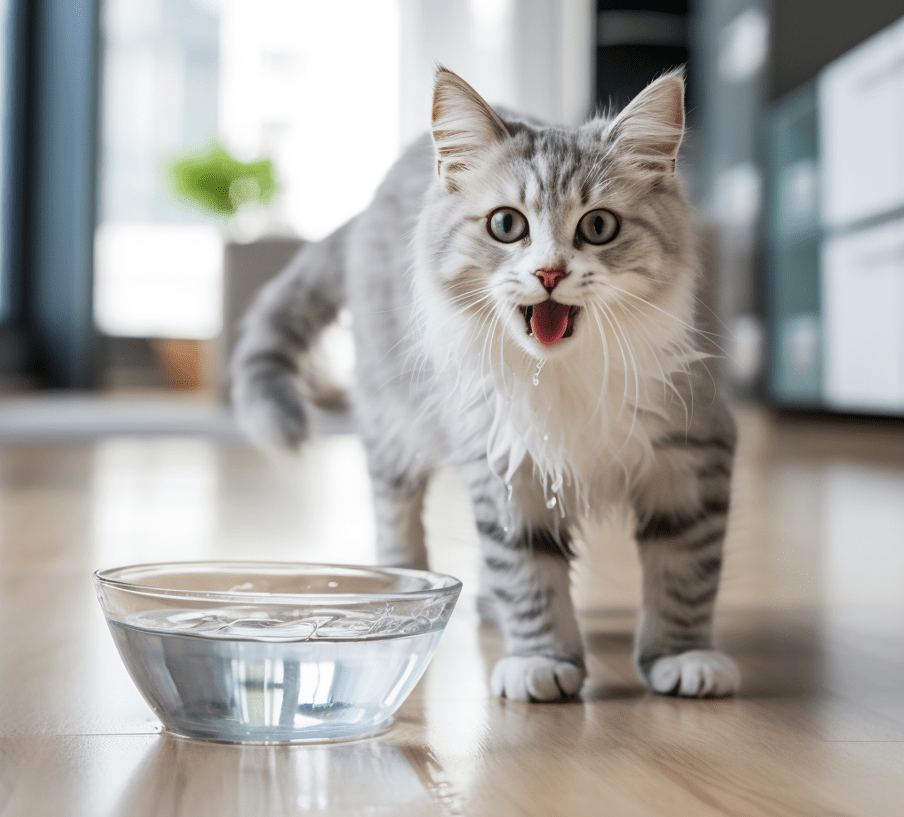
The management of other digestive disorders in cats entails protective health care measures for the cats. Some preventive strategies include:
Balanced Diet: Maintaining the health and cleanliness of its natural urinary system by feeding the cat a good quality balanced diet.
Regular Veterinary Check-Ups: Well-visits to screen for any issues to see early and have them fixed before they get out of hand.
Parasite Control: Includes practicing routine and proper deworming and parasite control.
Stress Management: Thus, they mentioned the use of environmental enhancement to help prevent stress, play, and the right schedule.
Safe Environment: Maintaining the cleanliness of your cat’s habitat to avoid the presence of poisonous products and any objects that may harm your pet.
Hydration: Providing your cat with appealing food and fresh water, clean drinking water at all times.
Observation: Monitoring your cat’s activity level and general health, and getting him to a veterinarian as soon as you notice a problem.
Home Care and Management
In addition to veterinary care, there are several steps that pet owners can take at home to manage and support their cat’s digestive health:
Dietary Adjustments: Remember always to attempt any profound change in diet slowly and see how your cat reacts to it.
Feeding Schedule: Set feeding times so as to encourage proper digestion of all the meals and snacks that the child undergoes.
Hydration: Cats need to drink water so think about putting out a bowl and also giving your cat wet food to supplement its diet.
Cleanliness: Ensure that the feeding area and litter box are clean to eliminate infections and parasite-prone areas.
Stress Reduction: Assure your body’s freedom from stress to avoid complications with digestion in a stressed environment.
Monitoring: Keep an eye out for your cat’s weight, feeding pattern, and the kind of stool your cat produces.
When to Seek Veterinary Care
It’s important to seek veterinary care if your cat exhibits any of the following symptoms:
Persistent Vomiting or Diarrhea: Vomiting or diarrhea for more than twenty-four hours; or continuing vomiting with or after initial green vegetable juices or diluted liquids.
Severe Abdominal Pain: Vocalization indicating worsening pain, for example, crying, continuous motion, and the capability to sit or lie incorrectly.
Blood in Stool or Vomit: Melena which is the presence of blood in stool or hematemesis which is blood in vomit.
Dehydration: Difficulty breathing, coughing or sneezing, clear or pale-colored diarrhea, very dry skin and fur, sunken eyes, and listlessness.
Loss of Appetite: A decrease or complete loss of food cravings or desire to take foods at all.
Weight Loss: Sudden and sudden changes in weight.
Changes in Behavior: Flu-like symptoms; fever, fatigue, chills.
Conclusion

The symptoms of cat digestive disorders can be quite tough to deal with because these are long-term medical conditions that will require long-term intervention from pet owners still, with the proper understanding and intervention from the part of pet owners, cats should be able to live healthy lives with good digestive systems. It is important for anyone with a feline companion to know and understand what the different diseases affiliated with the digestive system are about; their signs and the appropriate measures in tackling them. Proper and frequent examination by a veterinarian, proper diet, and limiting stress are the main determinants to keep the digestion healthy and to cope with digestion problems. Pets especially cats should go through a thorough check from time to time, in order to prevent various digestive disorders that affect the health of the animal and make it feel uncomfortable.

